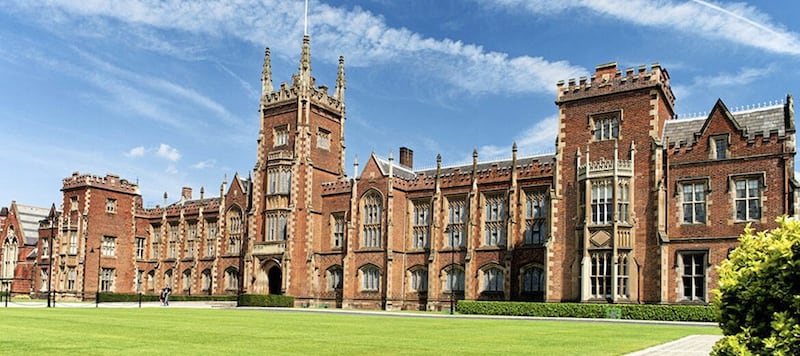An Irish language resource to promote positive sex education among young people cost more than £60,000 to produce, figures reveal.
Developed by a team at Queen’s University Belfast, Dá mBa Mise Jack/If I were Jack centres on the story of a teenage boy who finds out his girlfriend is unexpectedly pregnant.
When it was launched in November, QUB said the “gender-transformative resource focuses on positive masculinities to educate boys in schools about their role in healthy, consensual sexual relationships, and addresses the much-neglected role and perspectives of teenage men in relation to teenage pregnancy”.

It features video clips showing Jack and his girlfriend Emma finding out they are expecting a baby, how they tell family and friends as well as considering the prospect of an abortion.
The video encourages “reflection and discussion among teenage boys as well as teenage girls” and the resource is accompanied by other videos and overhead slides for teachers and exercise materials for pupils.
It has now emerged, according to the News Letter, that it cost £60,000 to produce.
“The scheme was entirely covered by funders who are content to confirm the cost of the Irish language version of the resource project was £60,658,” the newspaper reported.
- Sex education resources in Irish-medium schools trail English-language peers, already failing human rights standards, say developers of new videoOpens in new window
- Irish language rappers Kneecap accuse British government of ‘censorship’ after funding scheme application blockedOpens in new window
- Peppa Muc - Children’s favourites Peppa Pig is brushing up on her IrishOpens in new window
The resource was created following a report by the NI Human Rights Commission concluding relationships and sexuality education in schools does not meet human rights standards.
Speaking at the time of the launch, Professor Maria Lohan of Queen’s School of Nursing and Midwifery, said they hoped the resource will “mark a step-change in the provision of high-quality comprehensive sex education accessible to all students”.
“Adolescent pregnancy is often thought to be an issue for young women alone, but it is crucial to engage young men early in conversations around sexual health and rights alongside young women.”








